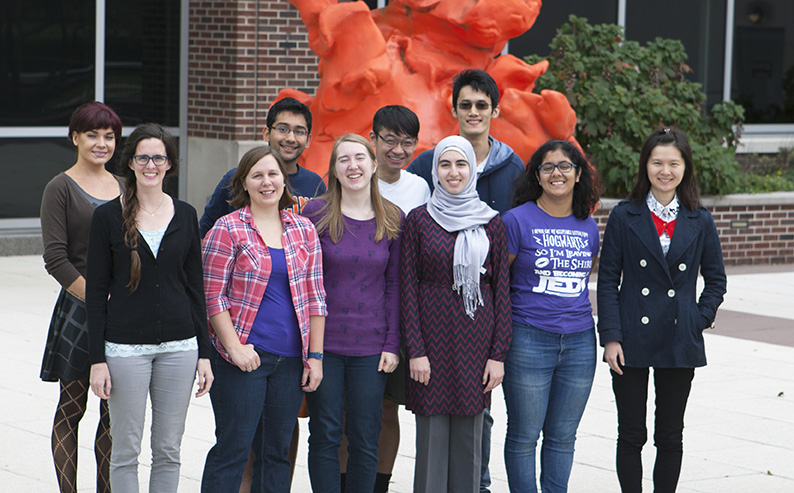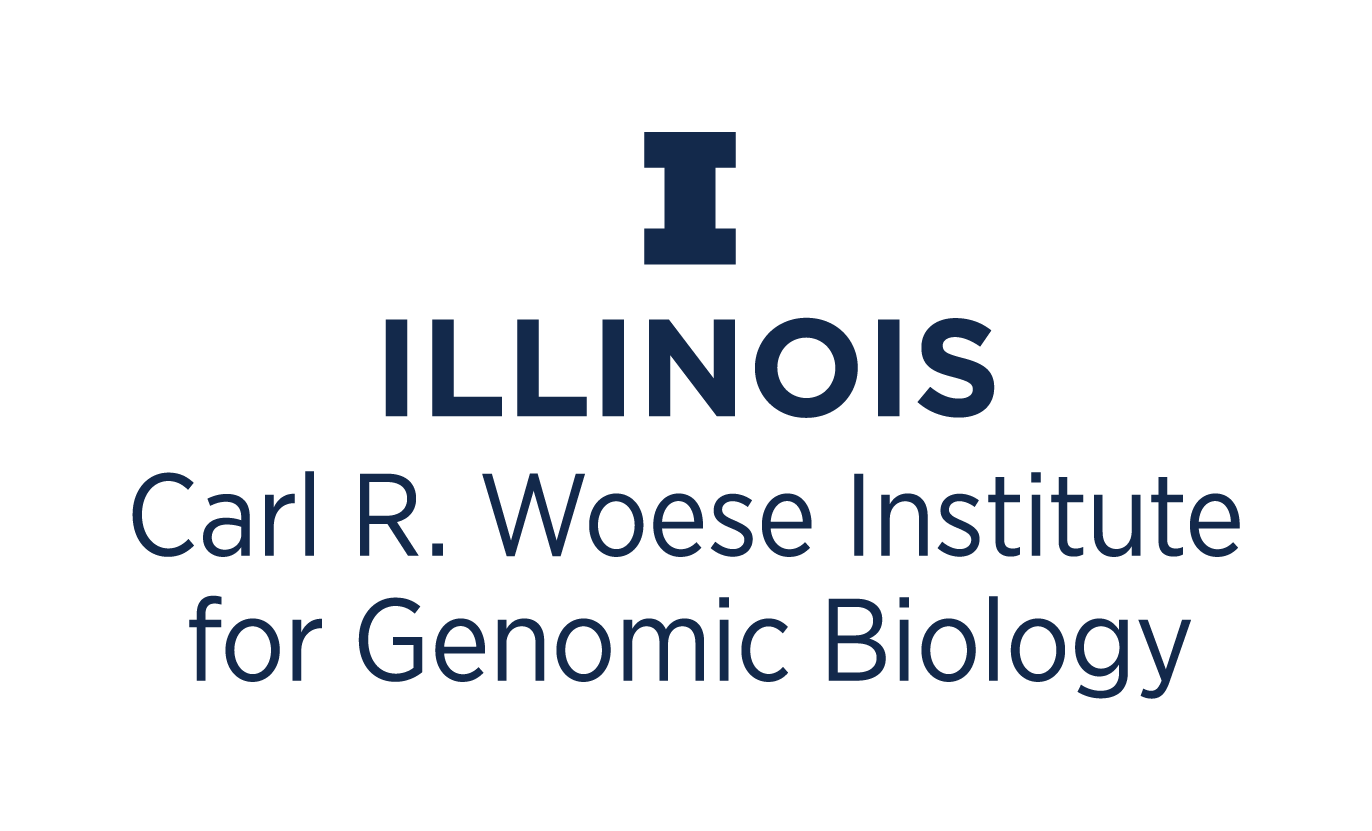By: Gregory Toreev.
The University of Illinois International Genetically Engineered Machine (iGEM) team recently endeavored to create an innovative promoter library that sought to provide researchers greater control of gene expression while liberating them from some of the constraint associated with the current categories of promoters. The Illinois team’s unique promoter library received a bronze medal at the annual iGEM Giant Jamboree this September.

The International Genetically Engineered Machine (iGEM) Foundation is a non-profit organization devoted to promoting the principals and technologies of synthetic biology through education and competition within a collaborative community. High school and undergraduate teams design and construct genetically engineered machines—known as “BioBricks,”—using standard biological parts. The submitted BioBricks are then added to iGEM’s Registry of Standard Biological Parts, which become available to researchers worldwide.
Projects are conceived and built early in the year and culminate in September at the annual Giant Jamboree, iGEM’s international competition. In 2016, 305 teams of 6-10 students, representing over 30 different countries, converged in Boston to present their creations. Awards are given for achievement in a variety of subjects, from the BioBricks themselves to the multidisciplinary skills involved with building and presenting each project.
The UIUC team, hosted by the Carl R. Woese Institute for Genomic Biology, is the ninth team from the University of Illinois to compete at the iGEM Giant Jamboree, and has won several medals and awards at regional and international events. The 2016 team consists of six undergraduate students: Caroline Blassick, Johnathan Chang, Viraat Goel, Augustine Koh, Mariam Saadah, and Hiba Shahid. They conducted their research under the guidance of faculty advisors Dr. Auinash Kalsotra, from the Department of Molecular and Cellular Biology, and Dr. Ting Lu, from the Department of Bioengineering, along with support from the IGB Biosystems Design theme.
Most of the promoters found in the iGEM Registry of Standard Biological Parts fall under two categories: constitutive and inducible, according to the Illinois team’s website. Constitutive promoters are always “on,” while inducible promoters are “off” until some environmental inducer activates them, leading to the expression of a specific enzyme or protein.
“Our wish was to expand the range of tools available for all future teams, so that they could produce even better projects in future years,” said Illinois iGEM team leader Caroline Blassick, a senior in Bioengineering.
This unique tool wound up being a library comprised of a novel promoter: one that wasn’t continuously operating or that had to be triggered by an inducer, and also provided greater control of gene expression. After combing through published, large-scale microarray data of E. coli genes, the team identified and isolated promoters that turned on and off according to the bacteria’s specific growth phases. One promoter would become active during exponential growth, while another would activate during the host’s stationary phase. Gene expression, therefore, could correspond to certain moments in the host’s life cycle and be more accurately predicted.
“These promoters help provide some degree of control and predictability over gene expression, but they require less user input. There is no need to induce your culture at specific times, and yet you can expect to have stronger expression at certain time periods depending on which promoter you choose. We envisioned applications in probiotics through the controlled dosage of therapeutics, improved yields in metabolic engineering, and increased tunability in gene circuits,” Blassick explained. The promoter library ultimately earned a bronze medal at this year’s Jamboree.
“It was an amazing experience,” Blassick said. “Of course there was some stress involved in preparing our presentation, but overall we experienced and learned so much from the other attendees. We were truly blown away by some of the presentations and enjoyed getting to meet the other teams. iGEM has taught me so much about planning and carrying out a project. It's made me much more independent in lab and given me so many important skills. I'd highly recommend the experience to anyone.”
Funding for the UIUC_Illinois iGEM team was provided in part by the IGB, the departments of Bioengineering and Electrical and Computer Engineering, Integrated DNA Technologies, New England Biolabs, and MathWorks.
More about the University of Illinois iGEM team and their work: http://2016.igem.org/Team:UIUC_Illinois.
By: Gregory Toreev.
Photos By: Photo by Kathryn Faith.

